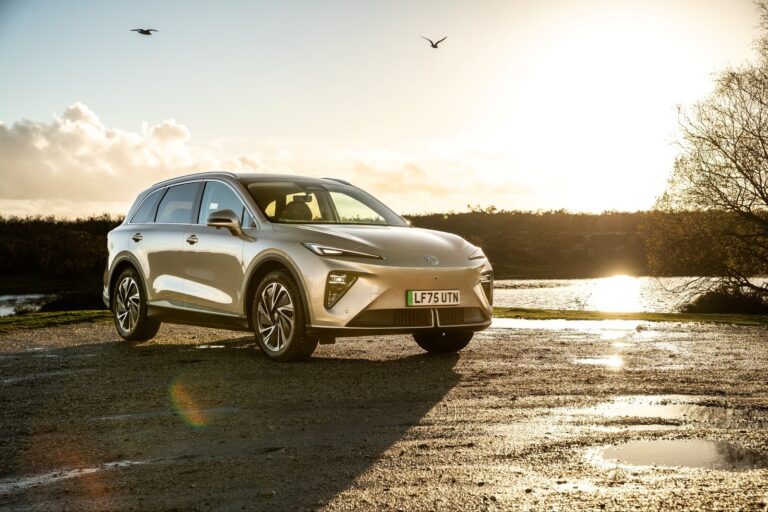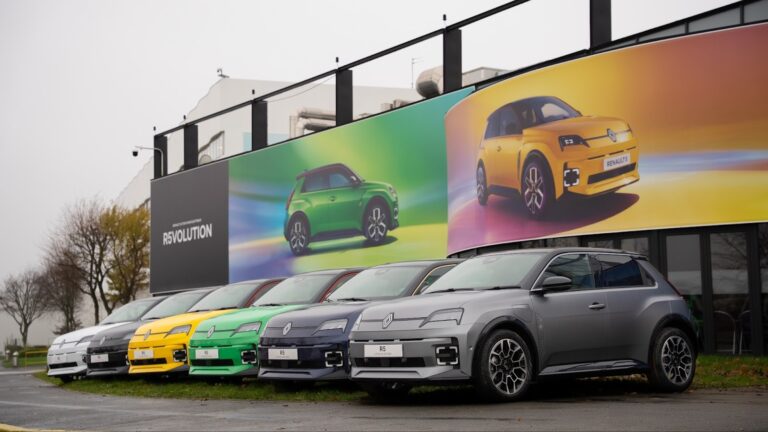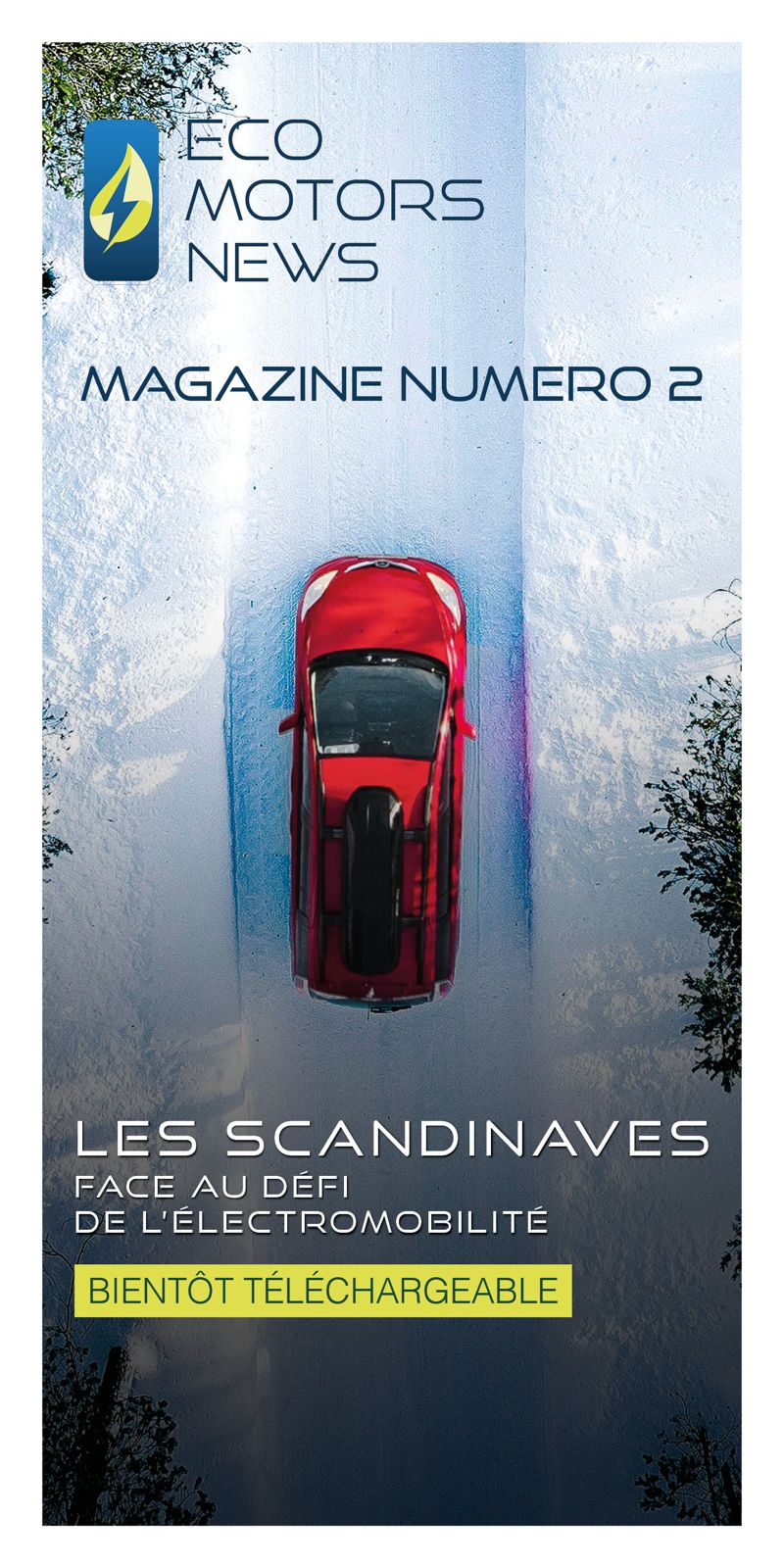In just a few years, the Chinese firm Xiaomi has transformed what looked like a daring gamble into a genuine industrial reality. Production is booming, the first models are solid, profitability is fast approaching and the company is scheduled to arrive in Europe. Xiaomi is no longer an outsider; it is now one of the hottest electric carmakers on the market.
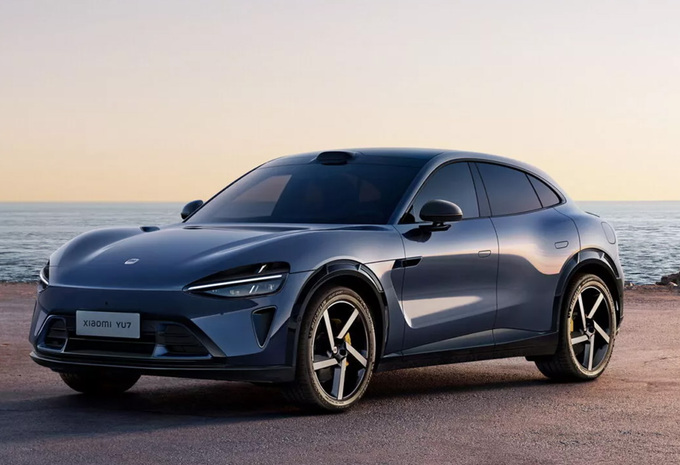
Dazzling growth destabilises the industry
2025 clearly marks a change of dimension for Xiaomi in the world of electric cars. Those who saw the brand as an over-confident newcomer are now being forced to reconsider. Barely four years after launching its automotive division, Xiaomi has already passed the symbolic milestone of 500,000 electric vehicles produced. For such a young brand, this is more than just an achievement, it’s a message sent to the entire industry.
Sales momentum is following the same upward trajectory. Over the year as a whole, Xiaomi plans to deliver more than 400,000 cars, far exceeding its initial ambitions. And the pace is not slowing: more than 40,000 units sold in October 2025, a level already reached in September. This is no longer an isolated « good month »; it’s now a solid trend, showing that Xiaomi is not just experiencing a moment of grace, but rather a rise to power with lasting ambitions.
Lightning profitability and a perfectly mastered range strategy
The industrial performance is impressive, but the profitability is perhaps even more so. While the majority of new manufacturers take years to break even, Xiaomi has announced a profitable first quarter as early as 2025, just 18 months after the launch of its automotive division. In the third quarter, electric vehicles generated 28.3 billion yuan in revenue (around €3.4 billion). This performance places Xiaomi among the rare new players capable of eventually approaching the industrial and financial standards set by giants such as Tesla and BYD. This lightning success is due to a method that is well known to the brand: extensive integration, strict cost control, a locked-down software ecosystem and extremely rapid decision-making. In fact, Xiaomi is applying to the automotive sector the recipe that has made it so successful in the tech sector: iterate quickly, optimise continuously and lock in the user experience in a coherent environment.
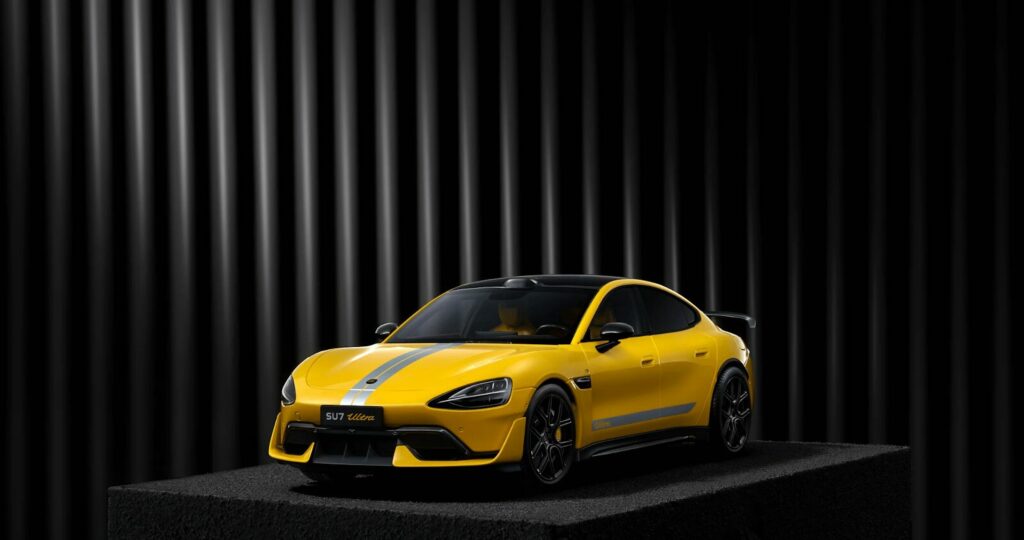
On the product side, the strategy has been clear since the launch of the SU7, a sporty saloon with sharp styling, reminiscent of the philosophy of a Taycan that passed through the Xiaomi laboratory. With its taut lines, meticulous aerodynamics, advanced software integration and aggressive price/agility positioning, the SU7 set the tone. The manufacturer then extended its range with the YU7, a premium SUV based on the Modena platform. Available with rear- or all-wheel drive, and boasting 691bhp and a claimed range of between 660 and 740km WLTP, it’s right up there with the big boys. Recharging time is another point worth highlighting. Xiaomi claims a range of 220 km in five minutes, a technological showcase that confirms the manufacturer’s ambition to become a benchmark in electric performance.
A major new player shaking things up
Xiaomi clearly has no plans to remain confined to Asia. The company is preparing for its arrival in Europe by 2027, and it’s not doing so lightly. The brand is setting up an R&D centre in Munich, with the task of adapting future vehicles to European requirements: stricter safety standards, more rigorous road holding, revised acoustic comfort, adapted thermal management and specific calibration for high speeds on motorways. At the same time, Xiaomi is continuing to strengthen its image through communications focused on performance, software innovation and in-house records. The idea is clear: Xiaomi wants to establish itself as the most technologically advanced electric vehicle manufacturer even before it reaches European dealerships.
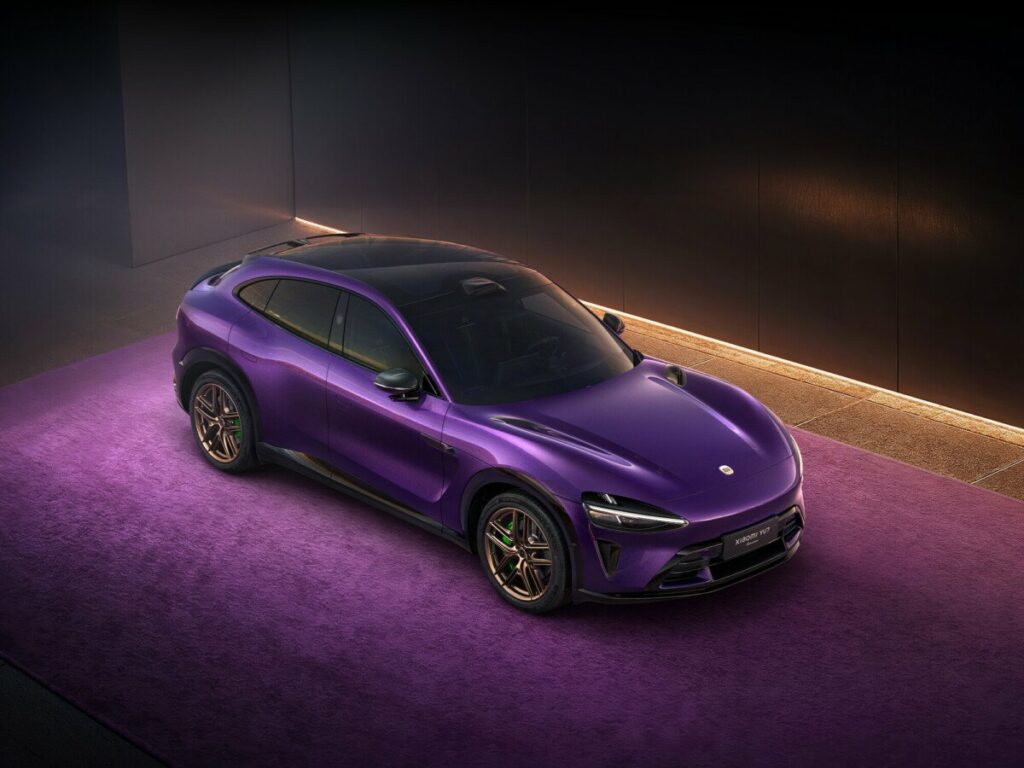
Just as it has done in the smartphone market, the brand could be banking on a formidable cocktail of aggressive pricing and technical excellence. The least we can say is that, in just a few years, Xiaomi has gone from ambitious challenger to future heavyweight in global electric mobility. Exponential production, solid models, early profitability, clear international ambitions… All the signs are that Xiaomi has set in motion a sustainable dynamic. In a rapidly reshaping electric market, the manufacturer is already establishing itself as one of the players capable of reshuffling the deck on a global scale.



